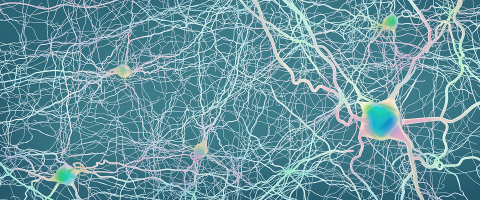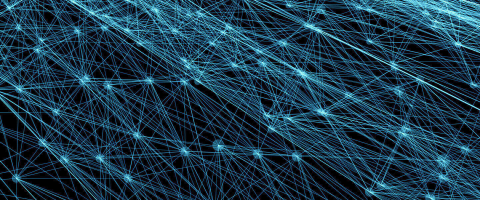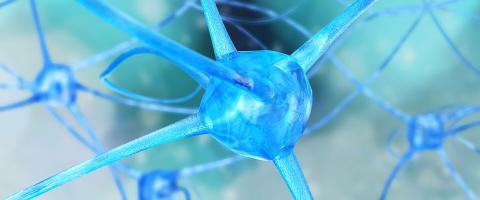
The last decade has seen a vast increase in the use of brain stimulation technologies to reduce symptoms of psychiatric illness. By far the most influential has been TMS, a non-invasive method…
Read More

TMS (transcranial magnetic stimulation), a form of non-invasive brain stimulation used to treat depression, has shown its ability to reduce symptoms in many thousands of patients in the years since…
Read More

A research team led in part by two BBRF grantees has reported initial success in using a novel, highly personalized, and technologically advanced treatment approach to relieve symptoms in a single…
Read More

Researchers have reported that the brain circuitry underlying depression is the same or similar in a wide variety of patients and circumstances, and that it is similar to circuitry affected when…
Read More

Researchers have obtained encouraging results in an early test of an accelerated form of non-invasive brain stimulation to treat major depressive disorder.
Read More


